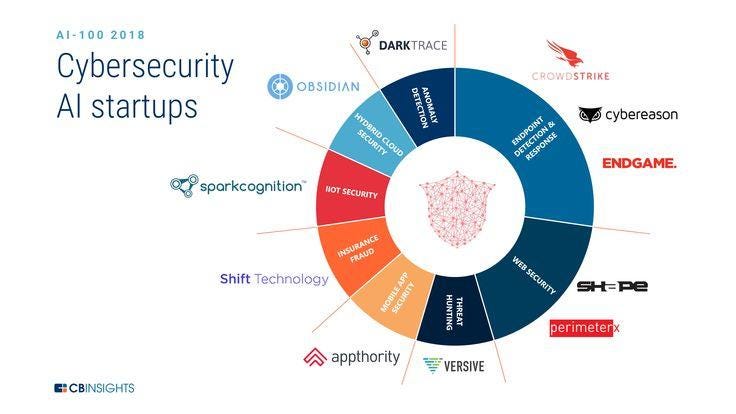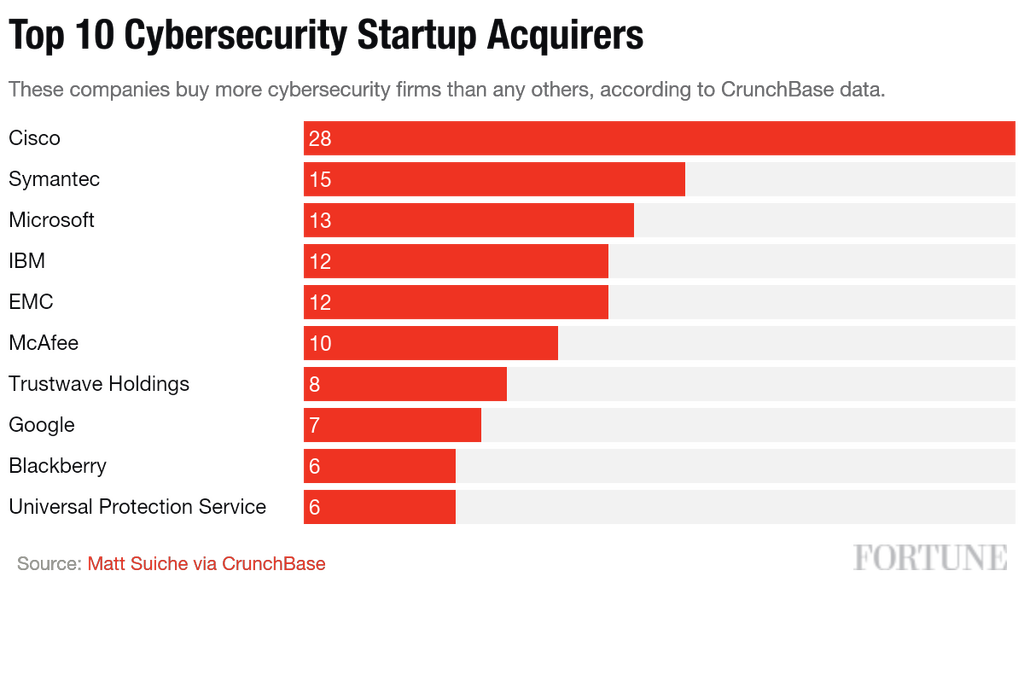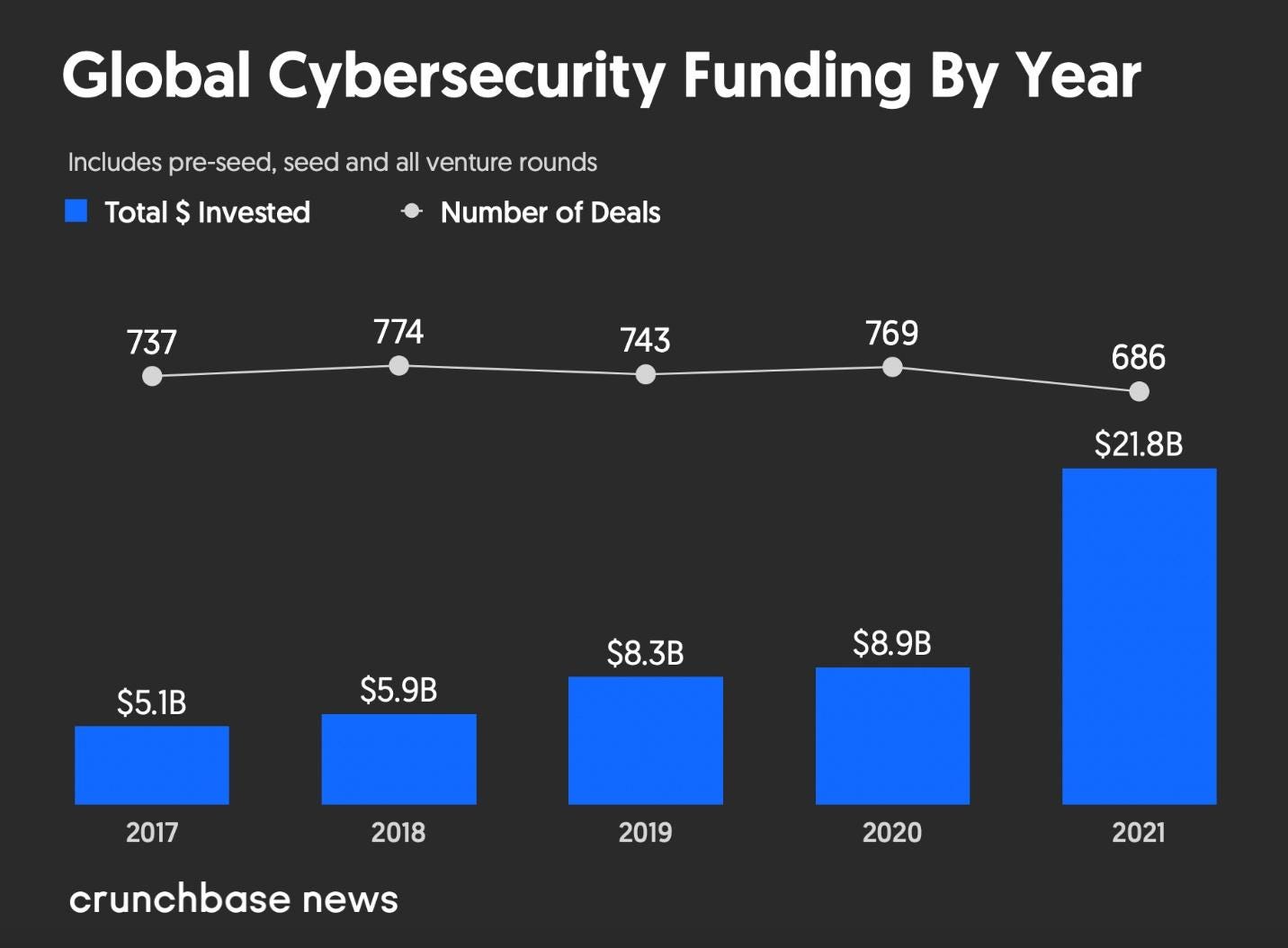By: Philipp Lebedev, Cyber security expert.
Abstract: This article examines the role of startups in changing the cybersecurity landscape, focusing on their ability to implement innovative solutions and technologies. The purpose of the study is to analyze how new companies can use cloud technologies, blockchain, and machine learning to improve protection and form a cybersecurity culture. The work revealed that startups have unique characteristics such as scalability and flexibility, which allows them to quickly adapt to changing threats. It also emphasizes the importance of cooperation with large organizations and government agencies to share experience and resources. Practical applications of the work include the development of educational programs to increase user awareness of cyber threats and the introduction of ethical standards in the field of cybersecurity. In conclusion, the article emphasizes that startups can not only survive but also thrive in the face of growing cyber threats if they actively use modern technologies and take into account the ethical aspects of their activities.
Keywords: startups, cybersecurity, cloud technologies, blockchain, machine learning, ethics.
Digital startups have become important drivers of innovation and economic growth. Actively transforming various industries with new technologies, they have unique characteristics such as scalability and flexibility, enabling them to quickly adapt to changing market conditions and achieve rapid growth. These enterprises are actively utilising technologies including artificial intelligence, cloud computing and digital marketing tools, which gives them a competitive advantage.
Cybersecurity organisations have a unique ability to innovate solutions that can not only improve protection but also change the approach to security as a whole. One of the main aspects worth considering is the use of cloud technology. These solutions allow new players to provide cybersecurity services with a high degree of scalability and flexibility. This is especially important in an environment where cyber threats are becoming increasingly complex and diverse. Such companies can offer their customers access to advanced defence tools without the need for significant upfront investment, making their services affordable even for SMEs.
Technology plays a significant role in lowering barriers to market entry, allowing entrepreneurs to launch new projects with minimal initial investment and operational complexity. The availability of cloud services and online platforms helps these organisations establish a digital presence and engage with customers. However, despite the opportunities, digital businesses face significant technological challenges such as cybersecurity threats and the need for data privacy. These risks can negatively impact their operations and customer experience.
Addressing these challenges requires significant resources and flexibility, which can be difficult for startups with limited budget and human capital [1].
In addition, startups can actively use blockchain technology to improve security, which offers a decentralised approach to data storage, making them more secure from attacks. Organisations developing blockchain-based solutions can offer new ways to manage data and user identities, which significantly reduces the risks of data breaches and fraud.
New players in the market can also play an important role in fostering a culture of cybersecurity among users. Creating educational platforms and programmes to raise awareness about cyber threats can help users better understand the risks and make more informed decisions. In this way, new companies can not only offer technology, but also shape new approaches to education and awareness, which is fundamental to combating cyber threats.
Research on the intersection of human factors and cybersecurity in fintech highlights how young companies can change the cybersecurity landscape by focusing on vulnerabilities related to user behaviour. They have the opportunity to develop innovative solutions that take human factors into account, which will significantly improve security. Firstly, new organisations can implement technologies that increase user awareness of cyber threats. Developing intuitive interfaces and educational programmes will help reduce the likelihood of errors and improve overall security. Simplifying interactions with fintech systems will reduce confusion and make users less susceptible to social engineering. Also, companies can use advanced techniques such as behavioural analytics to monitor anomalous user activity and identify potential threats. This will allow them to respond quickly to suspicious activity and prevent incidents before they occur.
In addition, the use of machine learning algorithms to automate routine security tasks will free up time for experts, allowing them to focus on the more complex strategic aspects of cyber defence. Regular evaluation and updating of cybersecurity protocols based on user feedback will help new players maintain the effectiveness of their solutions. In this way, they can significantly change the cybersecurity landscape by developing human-centred solutions that not only improve protection but also create a culture of security among users [2].
Collaboration of young companies with large organisations and government agencies is also an important aspect. Such partnerships can provide new organisations with access to resources, knowledge and networks that can help them develop their solutions faster and bring them to market. These collaborations can also facilitate the sharing of experience and best practices in cybersecurity, which will ultimately improve the overall level of protection in the industry.
Companies can also use big data analytics approaches to detect and prevent cyber threats. Using machine learning algorithms and data analytics, they can detect anomalies in user and system behaviour, enabling them to respond quickly to potential threats. These technologies can be a powerful tool to protect information and minimise risks.
Artificial intelligence in startups could significantly change the cybersecurity landscape, offering new opportunities for efficiency and innovation. One study defines start-ups as early-stage organisations focused on technology and innovation. Adopting such technologies can streamline processes, improve data analysis and enable more informed decision-making, which is critical in cyber defence. The use of advanced technology can improve the operational efficiency of such organisations, allowing them to better identify threats and respond to incidents. However, over-reliance on automated solutions can create risks such as a lack of transparency and trust in results, which is critical for data security.
Interestingly, new companies in Germany show different approaches to the use of new technologies. Some of them see them as tools to increase productivity, ignoring ethical and legal aspects, while others recognise the risks associated with mistrust of such solutions. This emphasises the need to develop more ethical and transparent approaches to cybersecurity. New players can change this landscape by using innovative solutions to automate and optimise processes, but it is important to consider ethical considerations and the need for human oversight. Human-centred approaches will help them not only improve efficiency, but also create safer and more reliable systems that can adapt to rapidly changing cyber threats [3].
However, despite the benefits, organisations must be cautious about the ethical aspects of using technology. It is important to remember that the introduction of automated solutions can lead to new risks, such as biased algorithms and a lack of transparency in decision-making. Therefore, new players should actively work to develop ethical frameworks and standards that will help ensure the safety and trust of users in their solutions.
In conclusion, cybersecurity companies have the potential to change this landscape by offering innovative solutions and approaches that can significantly improve data protection. But to achieve this potential, they need to consider both technological and ethical aspects. Creating a culture of security, collaborating with other players in the market and actively utilising advanced technologies such as blockchain can be key success factors in this rapidly evolving field. Organisations that can effectively adapt to new challenges and take advantage of the opportunities presented by modern technology will be able to not only survive, but thrive in the face of growing cyber threats.
Literature:
- Lawrence E. (2024) The Impact of Technology on Entrepreneurship: A Case Study of Digital Startups.
- Oladipo J.O., Okoye C.C., Elufioye O.A., Falaiye T. Human factors in cybersecurity: Navigating the fintech landscape. International Journal of Science and Research Archive 11(01):1959--1967, 2024.
- Sammet F., Gillig H., Foo M.D. How do Startups use AI? A Q-methodology approach to understanding adoption patterns. European Conference on Innovation and Entrepreneurship 19(1):950--959, 2024.
Comments
Loading comments…


